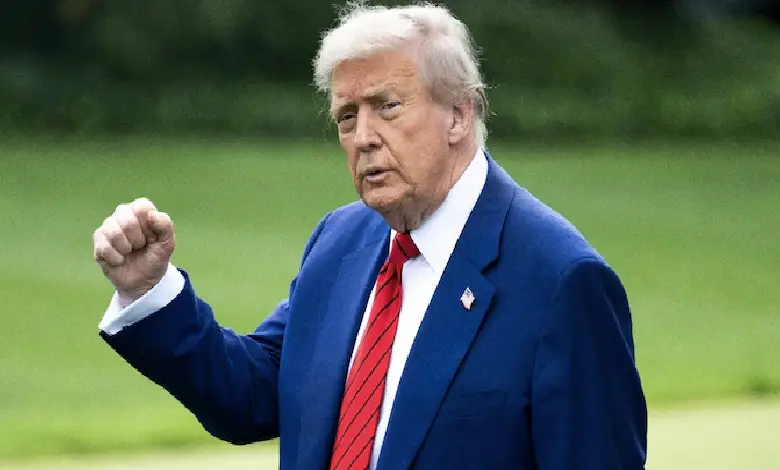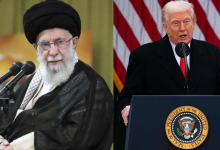Trump Threatens Additional Tariffs on Nations Backing BRICS’ Anti-American Policies

Washington – U.S. President Donald Trump announced on Monday that countries aligning with what he describes as the anti-American policies of the BRICS coalition will face an additional 10% tariff on their exports to the United States. In a statement posted on Truth Social, Trump emphasized that there would be “no exceptions” to this policy, signaling a hardline stance against nations pursuing agendas he believes undermine U.S. interests.
The BRICS group, comprising Brazil, Russia, India, China, South Africa, and recently expanded members such as Egypt, Ethiopia, Iran, Indonesia, and the United Arab Emirates, has been exploring ways to reduce reliance on the U.S. dollar in global trade. Discussions within the bloc have focused on enhancing the use of national currencies and developing alternative payment systems, moves that Trump has repeatedly criticized. These efforts gained traction following Western sanctions on Russia due to the Ukraine conflict, prompting BRICS nations to explore financial mechanisms independent of dollar-dominated systems.
Trump’s latest warning builds on his earlier threats to impose steep tariffs, including a 100% duty on BRICS countries attempting to replace the U.S. dollar with a new currency. On Truth Social, he reiterated his commitment to protecting the dollar’s dominance, stating that any nation supporting BRICS’ efforts to challenge U.S. economic influence would face significant trade barriers. “Any Country aligning themselves with the Anti-American policies of BRICS, will be charged an ADDITIONAL 10% Tariff,” Trump wrote.
ALSO READ : Texas Flash Floods Claim 82 Lives, Search Continues for Missing Campers
The U.S. dollar continues to hold its position as the world’s primary reserve currency, accounting for approximately 58% of global foreign exchange reserves, according to the International Monetary Fund. Major commodities, such as oil, are predominantly traded in dollars, reinforcing its global financial dominance. Despite BRICS’ ambitions, a report by the Atlantic Council’s GeoEconomics Center last year concluded that the dollar’s role remains secure in the near and medium term, with neither the euro nor BRICS currencies posing a significant challenge.
Trump’s tariff threats extend beyond BRICS, as he has also targeted trading partners like Mexico and Canada with proposed 25% tariffs to address issues such as illegal immigration and drug trafficking. His administration’s trade policies reflect a broader strategy to leverage tariffs as a tool to protect U.S. economic interests and curb perceived threats to American dominance in global markets.
BRICS leaders, meeting recently in Rio de Janeiro, expressed concerns over unilateral tariff measures, describing them as inconsistent with World Trade Organization rules, according to a draft statement cited by Bloomberg. While the group avoided directly naming the U.S., the statement underscored tensions between BRICS’ push for economic autonomy and Trump’s aggressive trade posture.




